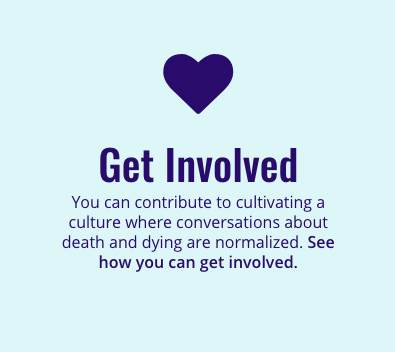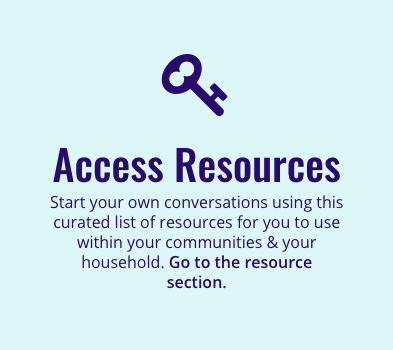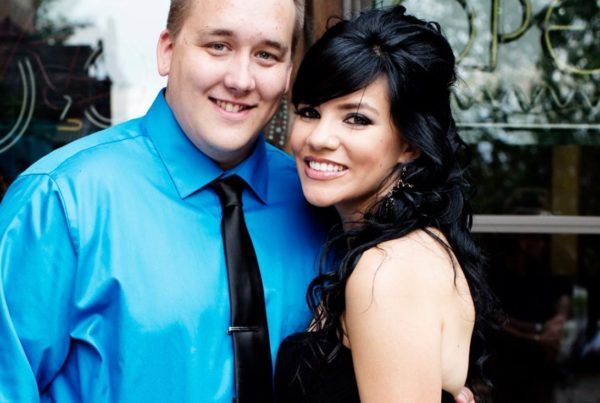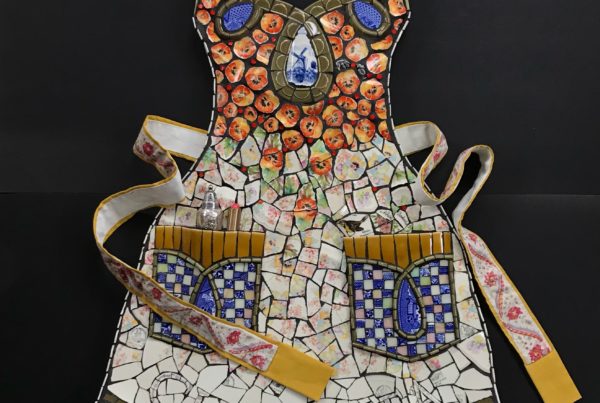 The COVID-19 vaccine starting to make its rounds has brought some measure of hope to many Americans—but a lot of us are still navigating grief and loss after a most difficult year.
The COVID-19 vaccine starting to make its rounds has brought some measure of hope to many Americans—but a lot of us are still navigating grief and loss after a most difficult year.
Dr. Pauline Boss, professor emeritus of family social science at the University of Minnesota, coined the term “ambiguous loss”—which she describes as “a loss that remains unclear”—and has spent 40-some years studying it. Ambiguous losses are those that result in uncertainty and unanswered questions—for example, an invisible virus that’s upended our lives.
Some ambiguous losses involve a physical absence, like soldiers that go missing during war, and others revolve around a psychological absence, such as loved ones with dementia. COVID-19 has created both types of loss.
At our recent virtual event, Oasis 2020: Hope and Possibility, Dr. Boss shared four key tips for navigating the ambiguous losses suffered as a result of the coronavirus:
- Recognize and name what you’ve lost: A key part of navigating any loss is identifying that loss. While some have lost loved ones to COVID-19, all of us are grieving the loss of our ability to control our situation, said Boss. “Because of ambiguity and uncertainty, most of us who have lived in a culture where we master situations, we solve problems, we go crazy when we can’t figure out what’s happening and how to fix it—and that we are grieving.”
- Find something you can control: Wearing a mask is one way to have some control over our situation by helping prevent illness to ourselves and others, Boss said. Another is by embracing new practices or hobbies—from baking bread to exercising at home to participating in social gatherings online—which many of us have done. “Americans have to have something we can fix,” she explained. We can do that by learning a new skill or playing a game or engaging in countless other activities to stimulate our minds and/or pass the time.
- Employ “both/and” thinking: What this means is putting two contrasting ideas together: Something is bad and I can handle it. My loved one is gone and they remain in my mind and heart. I don’t think I can handle this and I know I can ask for help. This way of thinking brings resilience and flexibility to a new situation, Boss said. If we adopt this more inclusive way of thinking rather than getting stuck in binaries or absolutes—i.e. this is over, I’m done, I’m going to stop believing COVID is real—we can move forward and make meaning from the losses we’ve suffered.
- Embrace the ambiguity: Ask yourself: What is real? What can I control? What can’t I control? How can I move forward in this new environment of ambiguity? Many of us have a low tolerance for ambiguity, but it’s dangerous for us to create our own certainty or assurances that don’t align with reality. Embracing the ambiguity gives us an opportunity to be creative and innovative in how we navigate it.
Watch our virtual program to hear Boss’ full presentation and to hear from other experts, speakers, and musicians while honoring the layers of loss we’ve experienced amid the pandemic.
For more of Boss’ wisdom related to COVID-19, stay tuned for a new book she has coming later this year: “Ambiguous Loss in the Pandemic: The Myth of Closure.” You can also listen to her talk about ambiguous loss and the pandemic on the “Mind of State” podcast and about navigating loss without closure on the “On Being” podcast.









